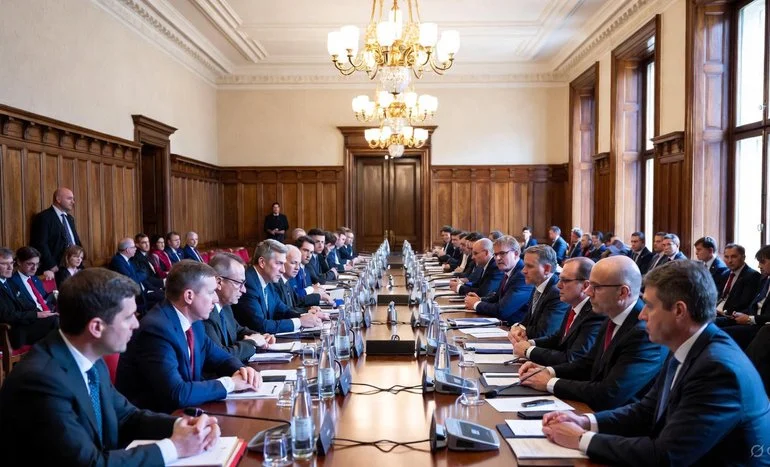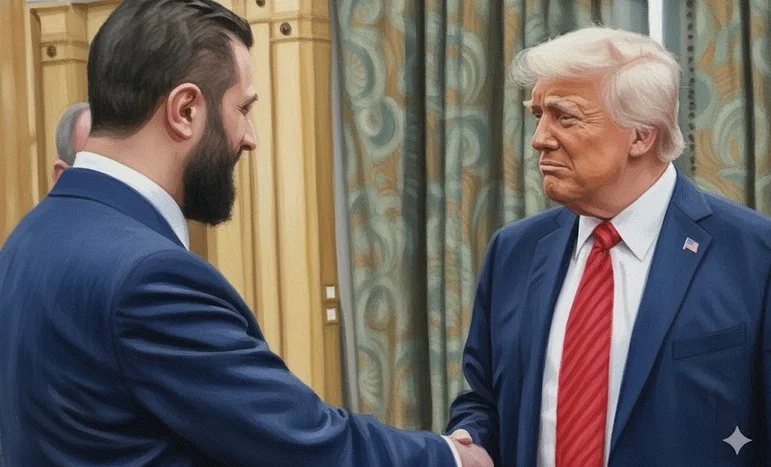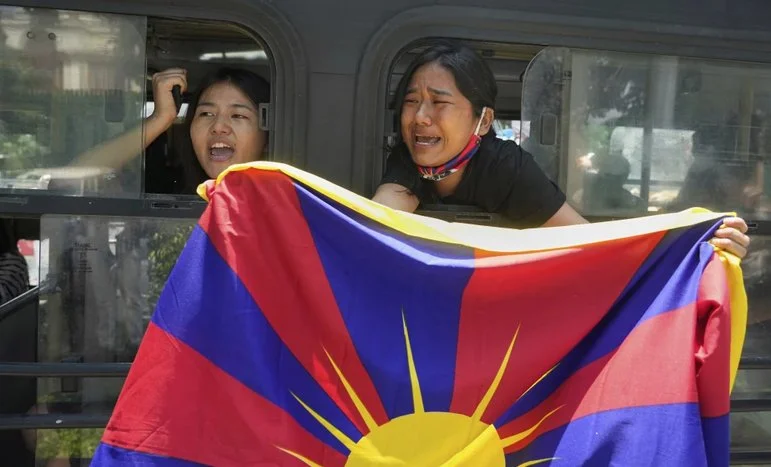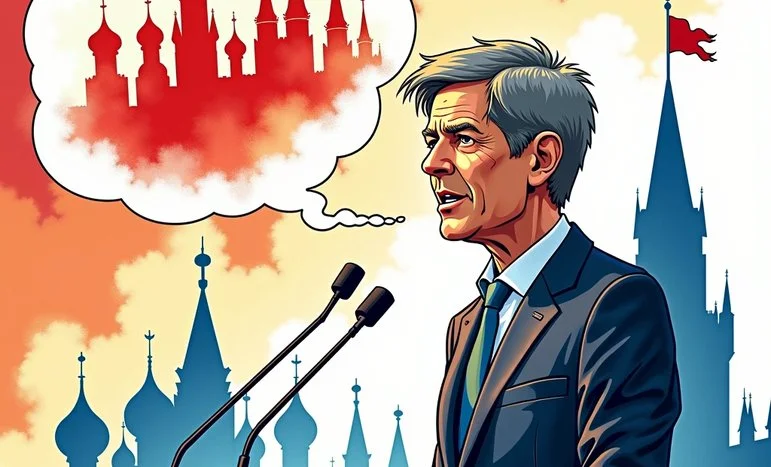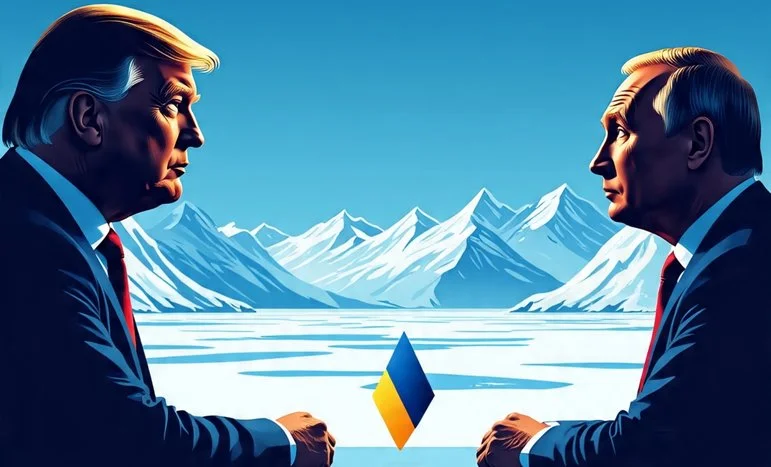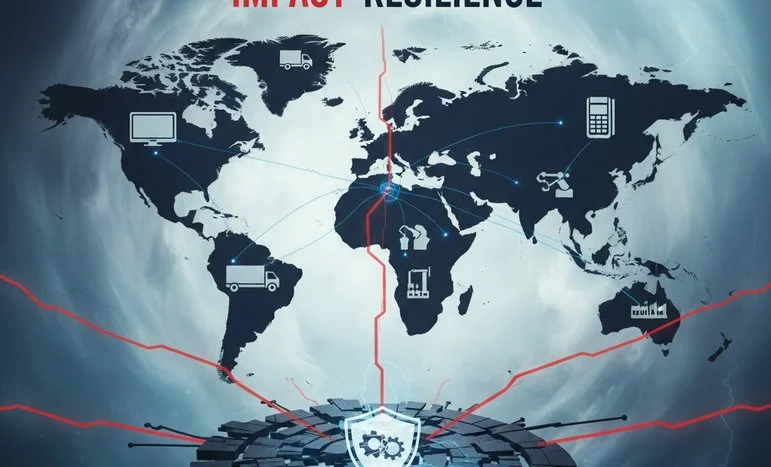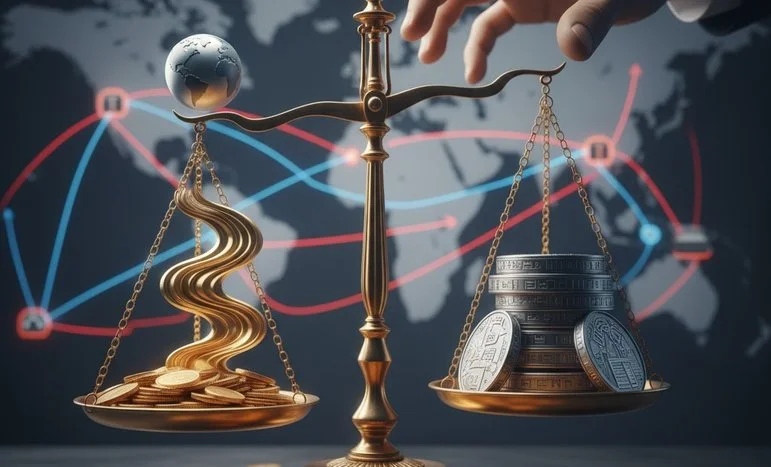
Geopolitical Power Shifts: Navigating Tensions for Global Peace
The twenty-first century is defined by profound geopolitical power shifts that are reshaping the global order in ways both visible and subtle. Long-standing superpowers now operate in a world where economic strength, military capability, and technological leadership are no longer concentrated in a small group of states. Emerging powers are asserting influence, alliances are evolving, and traditional centers of authority are being challenged. These transformations present opportunities for cooperation and shared prosperity, but they also carry serious risks. If mismanaged, shifting power dynamics can fuel proxy conflicts, arms races, economic instability, and regional wars, undermining global peace in an increasingly interconnected world.
Economic realignments lie at the heart of many geopolitical changes. Rapid growth in emerging markets has altered global trade patterns, investment flows, and development trajectories. Nations that were once peripheral to global decision-making now play central roles in shaping supply chains, energy markets, and technological innovation. This redistribution of economic power can foster cooperation through interdependence, as countries rely on one another for goods, resources, and markets. At the same time, it creates new vulnerabilities, as disruptions in one economy can cascade across borders, amplifying tensions and exposing weaknesses in global systems. Competition over resources, strategic industries, and market access increasingly shapes foreign policy, sometimes pushing states toward confrontation rather than collaboration.
Military modernization further intensifies geopolitical competition. Advances in defense technologies, including artificial intelligence, hypersonic weapons, cyber capabilities, and space-based systems, are transforming how wars might be fought and deterred. Nations invest heavily in upgrading their armed forces not only to defend themselves but also to signal strength and influence. The modernization of nuclear arsenals and the emergence of new nuclear-capable states heighten the stakes, as miscalculation or misunderstanding could lead to catastrophic escalation. Defense alliances and regional security arrangements play a dual role, deterring aggression on one hand while deepening divisions and suspicions on the other. In such an environment, even limited confrontations carry the risk of spiraling beyond control.
Technological competition has become a defining feature of modern geopolitics. Leadership in areas such as artificial intelligence, quantum computing, semiconductors, and cybersecurity now confers both economic advantage and strategic leverage. Control over critical technologies influences military capabilities, surveillance, intelligence gathering, and economic resilience. As states race to secure technological dominance, cooperation often gives way to protectionism, export controls, and efforts to restrict rivals’ access to innovation. Cyber operations add a new layer of complexity, blurring the line between peace and conflict and creating constant low-level confrontation that can undermine trust and stability without ever crossing the threshold of open war.
Shifting alliances reflect these broader changes and contribute to uncertainty in international relations. Traditional partnerships may weaken as national interests diverge, while new coalitions emerge based on shared strategic, economic, or ideological goals. Regional organizations and informal groupings increasingly shape diplomatic and security outcomes, sometimes complementing global institutions and sometimes competing with them. A more multipolar world offers the promise of balance, preventing any single power from dominating the international system. Yet multipolarity also complicates coordination, increases the number of actors involved in crises, and raises the risk of misjudgment when communication channels are weak or interests collide.
The risks arising from these geopolitical tensions are significant and far-reaching. Proxy conflicts, in which major powers support opposing sides in regional disputes, allow states to compete indirectly while avoiding direct confrontation. While this approach may limit immediate escalation, it often prolongs violence, increases civilian suffering, and destabilizes entire regions. Proxy wars can entrench divisions, undermine peace efforts, and leave lasting humanitarian and economic damage that extends well beyond national borders.
Arms races represent another dangerous consequence of geopolitical competition. As states seek to match or surpass rivals’ capabilities, defense spending escalates, diverting resources from social development, health, education, and infrastructure. Rapid technological innovation in weaponry reduces reaction times and increases reliance on automated systems, heightening the risk of accidental or unintended escalation. The normalization of constant military preparedness creates an atmosphere of suspicion that erodes trust and makes diplomatic compromise politically difficult.
Economic and humanitarian impacts further illustrate how geopolitical tensions affect everyday lives. Sanctions, trade disputes, and resource blockades can destabilize economies, disrupt supply chains, and raise costs for consumers worldwide. Regions caught in geopolitical struggles often experience humanitarian crises, as conflicts displace populations, strain aid systems, and overwhelm neighboring countries. Migration flows resulting from instability can generate political tensions elsewhere, fueling nationalist sentiment and social polarization far from the original conflict zones.
In this complex environment, diplomacy remains the most essential tool for managing power shifts and preventing conflict. Multilateral forums provide platforms for dialogue, negotiation, and collective problem-solving, allowing states to address shared challenges and reduce misunderstandings. Bilateral communication channels are equally critical, offering direct means to clarify intentions, manage crises, and avoid miscalculation. Confidence-building measures, such as transparency in military exercises, arms control agreements, and crisis management protocols, help stabilize relationships even among rivals. Economic cooperation, through trade agreements and joint initiatives, creates incentives for peace by reinforcing mutual dependence and shared interests.
Peaceful power transitions require strategic foresight and restraint. Promoting multilateralism over unilateral action strengthens international norms and institutions that mediate disputes and uphold stability. Inclusive frameworks that recognize the legitimate interests of emerging powers reduce the likelihood of exclusionary blocs that intensify competition. Transparency around military capabilities, technological development, and strategic intentions reduces uncertainty and fear, creating space for negotiation rather than confrontation. Investing in conflict prevention by identifying early warning signs and supporting mediation efforts can stop disputes from escalating into violence.
Civil society and global public opinion also play meaningful roles in shaping geopolitical outcomes. Think tanks, academic institutions, and independent media contribute analysis that informs policymakers and the public, fostering more nuanced understanding of international issues. Public opinion can constrain or encourage government actions, influencing decisions on military intervention, alliance commitments, and diplomatic engagement. Initiatives that promote cross-cultural dialogue and international cooperation help counter narratives of inevitability around conflict and rivalry.
Looking ahead, the future of global peace will depend on how effectively humanity navigates an increasingly multipolar world. Power shifts are inevitable in a dynamic international system, but their consequences are not predetermined. Managed wisely, they can lead to more balanced representation, shared responsibility, and cooperative problem-solving. Mismanaged, they risk plunging regions into prolonged instability and drawing the world closer to large-scale conflict. Education, diplomacy, and sustained engagement are critical to ensuring that competition does not eclipse cooperation.
Geopolitical power shifts are neither inherently dangerous nor inherently beneficial. They are a test of collective judgment, restraint, and imagination. In an interconnected world where economic systems, security arrangements, and technological networks are deeply intertwined, no nation can insulate itself from the consequences of instability elsewhere. Careful diplomacy, transparent communication, and inclusive international frameworks are not signs of weakness but necessities for survival and progress.
Ultimately, navigating geopolitical power shifts requires recognition that global peace is a shared responsibility. The choices made by states today will shape not only their own security but the future of international order itself. By prioritizing dialogue over domination and cooperation over confrontation, the international community can ensure that evolving power dynamics become a source of balance and stability rather than conflict and insecurity.
We appreciate that not everyone can afford to pay for Views right now. That’s why we choose to keep our journalism open for everyone. If this is you, please continue to read for free.
But if you can, can we count on your support at this perilous time? Here are three good reasons to make the choice to fund us today.
1. Our quality, investigative journalism is a scrutinising force.
2. We are independent and have no billionaire owner controlling what we do, so your money directly powers our reporting.
3. It doesn’t cost much, and takes less time than it took to read this message.
Choose to support open, independent journalism on a monthly basis. Thank you.










